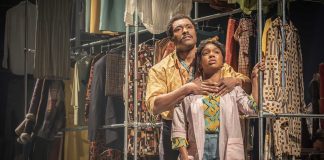Director Femi Elufowoju Jr assembled a stellar line up to do an epic five-hour reading of the African novel masterpiece, Things Fall Apart by Igbo writer, Chinua Achebe at the Southbank Centre.
A revelatory novel, Achebe attributed its success to the fact that for the first time, his people saw themselves in the story as autonomous individuals, rather than half people.
A tragedy that poignantly chronicles the fall of the protagonist, Okonkwo, the alpha male wrestler who despises being seen as weak, it is a political polemic against the inexorable spread of colonial rule in late 19th century Nigeria. The novel was published 60 years ago, but its themes still resonate in a post Brexit world where societal fault lines are being rapidly amplified amidst a spiralling surge of questions about race, gender, and identity.
Listening to the readers drawn from the literary and Nollywood scene sharing Okonkwo’s story, it’s clear that Achebe was a humourous writer as the audience burst out laughing in the right places and at the right time. There’s an intimacy created in the oral storytelling tradition as the attendees were captivated by the emotions and nuances of this journey of a West African society that could act as one to keep order and dish out justice.
The novel was published 60 years ago, but its themes still resonate in a post Brexit world where societal fault lines are being rapidly amplified amidst a spiralling surge of questions about race, gender, and identity.
I put my hand up as an Igbo woman who grew up in the diaspora that this is one of my favourite African novels. The issues of identity and culture are metamorphosing beyond recognition as the Igbo language is under threat – with English being the preferred lingua franca: a fallout from colonial times, an inferiority complex, lack of a political presidential figurehead? Who knows? But it is something often debated amongst my family and friends on why the Igbo identity is under assault.
A revelatory novel, Achebe attributed its success to the fact that for the first time, his people saw themselves in the story as autonomous individuals, rather than half people. Its resonance, 60 years on, speaks to its power and universality – even if these are often painful reflections on the emasculation of the black man, fractured families, and women’s rights.

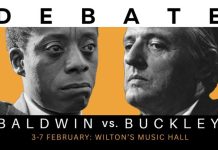
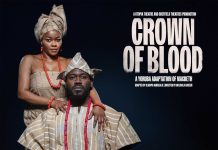
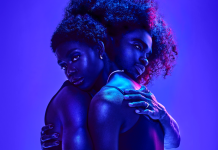

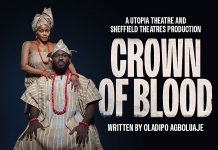




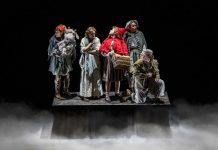



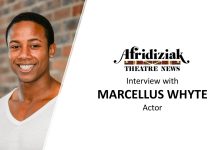

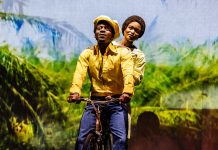
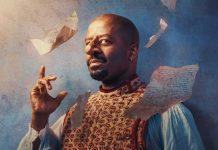
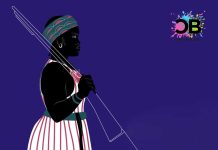
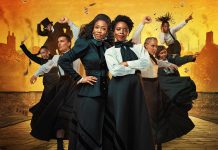
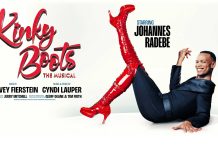



![Things fall apart by Chinua Acheba 1 Chinua Achebe - Things Fall Apart, reading, Southbank Centre - ADESUA ETOMI [c] India Roper Evans](https://www.afridiziak.com//wp-content/uploads/2019/09/Chinua-Achebe-Things-Fall-Apart-reading_Southbank-Centre_ADESUA-ETOMI-c-India-Roper-Evans.jpg)
![Things fall apart by Chinua Acheba 2 Things Fall Apart, reading, Southbank Centre - ADESUA ETOMI [c] India Roper Evans](https://www.afridiziak.com//wp-content/uploads/2019/09/Chinua-Achebe-Things-Fall-Apart-reading_Southbank-Centre_Lucian-Msamati-c-India-Roper-Evans.jpg)
![Things fall apart by Chinua Acheba 3 Things Fall Apart, reading, Southbank Centre - ADESUA ETOMI [c] India Roper Evans](https://www.afridiziak.com//wp-content/uploads/2019/09/Chinua-Achebe-Things-Fall-Apart-reading_Southbank-Centre_Inua-Ellams-c-India-Roper-Evans.jpg)
![Things fall apart by Chinua Acheba 4 Things Fall Apart, reading, Southbank Centre - ADESUA ETOMI [c] India Roper Evans](https://www.afridiziak.com//wp-content/uploads/2019/09/Chinua-Achebe-Things-Fall-Apart-reading_Southbank-Centre_FEMI-ELUFOWOJU-JR-c-India-Roper-Evans.jpg)
![Things fall apart by Chinua Acheba 5 Things Fall Apart, reading, Southbank Centre - ADESUA ETOMI [c] India Roper Evans](https://www.afridiziak.com//wp-content/uploads/2019/09/Chinua-Achebe-Things-Fall-Apart-reading_Southbank-Centre_Ben-Okri-c-India-Roper-Evans.jpeg)

